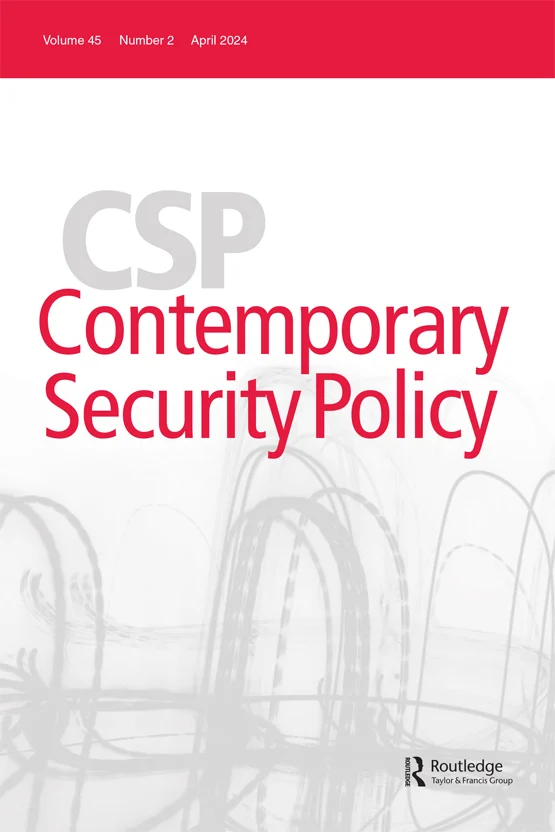多极秩序下的联合国和平行动:通过法治和自下而上的方法建设和平
IF 5
1区 社会学
Q1 INTERNATIONAL RELATIONS
引用次数: 14
摘要
联合国和平行动需要一个新的建设和平议程,既承认冲突驱动因素的跨界性质,也承认全球秩序的多极性质。这意味着放弃目前的稳定方法,但也放弃追求单极时代的自由建设和平。这样的冲突转型议程将要求联合国和平行动优先考虑法治和自下而上的方法,从而创造被更广泛的成员国接受的潜力。在这篇文章中,我们将自由主义的建设和平批评纳入关于全球秩序性质的讨论和辩论中。自由的建设和平批评植根于国际干预自下而上的问题化,并表明什么样的建设和平是可取的。相反,关于全球秩序多极性质的辩论暴露了自上而下的制约因素,即什么样的建设和平是可行的。本文章由计算机程序翻译,如有差异,请以英文原文为准。
UN peace operations in a multipolar order: Building peace through the rule of law and bottom-up approaches
ABSTRACT UN peace operations need a new peacebuilding agenda that acknowledges both the transboundary nature of conflict drivers and the multipolar nature of the global order. This means casting aside the current stabilization approach, but also abandoning the pursuit of liberal peacebuilding of the unipolar era. Such a conflict transformation agenda would require UN peace operations to prioritize the rule of law and bottom-up approaches, thus creating the potential to be embraced by a much broader range of member states. In this article, we bring liberal peacebuilding critiques into a discussion with debates on the nature of the global order. Liberal peacebuilding critiques are rooted in the bottom-up problematization of international interventions and show what kind of peacebuilding is desirable. Conversely, the debates on the multipolar nature of the global order expose the top-down constraints as to what kind of peacebuilding is feasible.
求助全文
通过发布文献求助,成功后即可免费获取论文全文。
去求助
来源期刊

Contemporary Security Policy
Multiple-
CiteScore
14.60
自引率
6.80%
发文量
22
期刊介绍:
One of the oldest peer-reviewed journals in international conflict and security, Contemporary Security Policy promotes theoretically-based research on policy problems of armed conflict, intervention and conflict resolution. Since it first appeared in 1980, CSP has established its unique place as a meeting ground for research at the nexus of theory and policy.
Spanning the gap between academic and policy approaches, CSP offers policy analysts a place to pursue fundamental issues, and academic writers a venue for addressing policy. Major fields of concern include:
War and armed conflict
Peacekeeping
Conflict resolution
Arms control and disarmament
Defense policy
Strategic culture
International institutions.
CSP is committed to a broad range of intellectual perspectives. Articles promote new analytical approaches, iconoclastic interpretations and previously overlooked perspectives. Its pages encourage novel contributions and outlooks, not particular methodologies or policy goals. Its geographical scope is worldwide and includes security challenges in Europe, Africa, the Middle-East and Asia. Authors are encouraged to examine established priorities in innovative ways and to apply traditional methods to new problems.
 求助内容:
求助内容: 应助结果提醒方式:
应助结果提醒方式:


